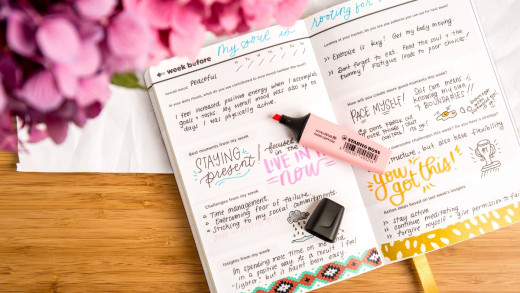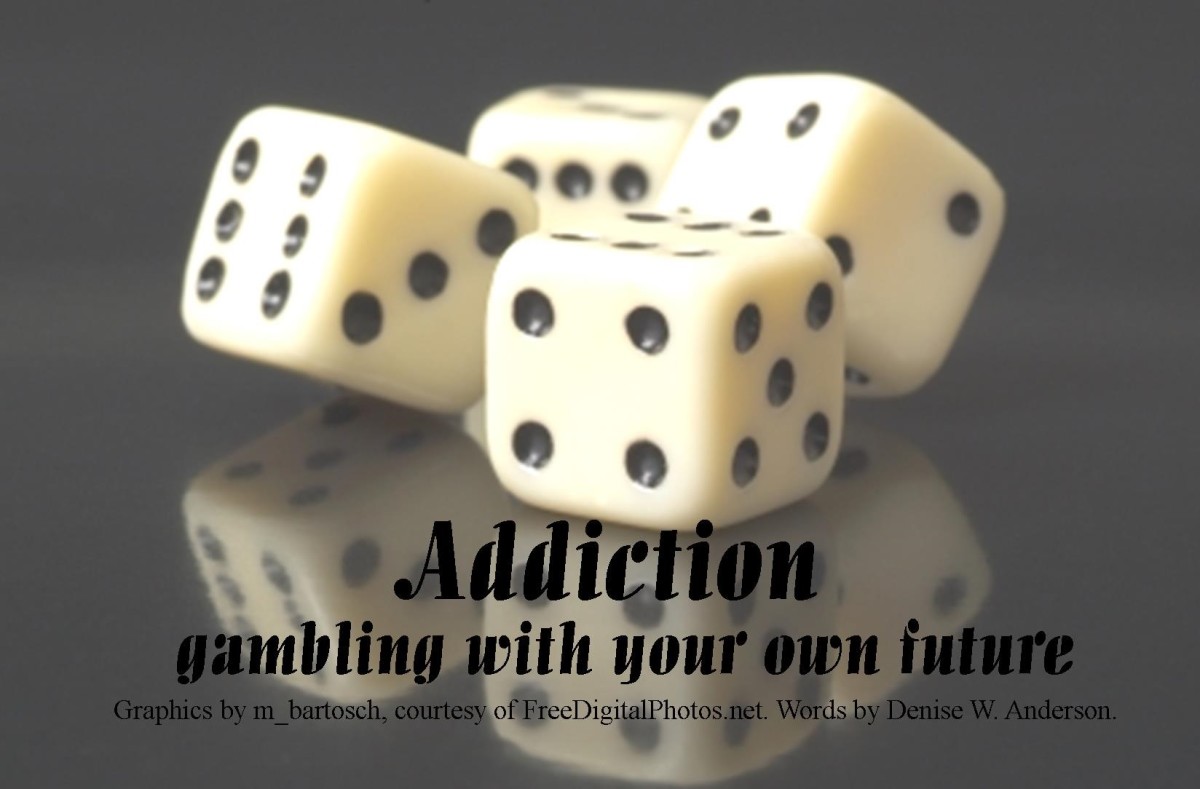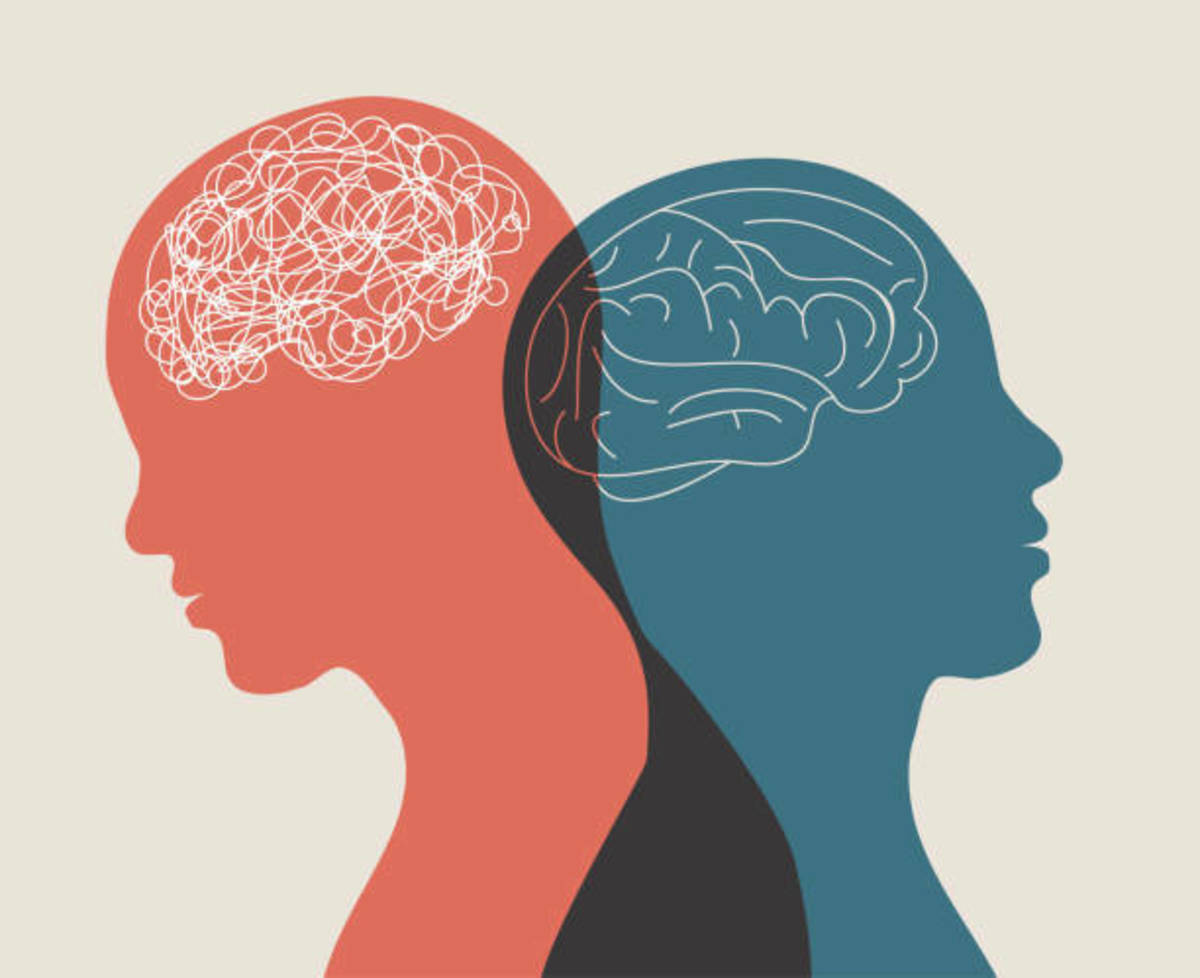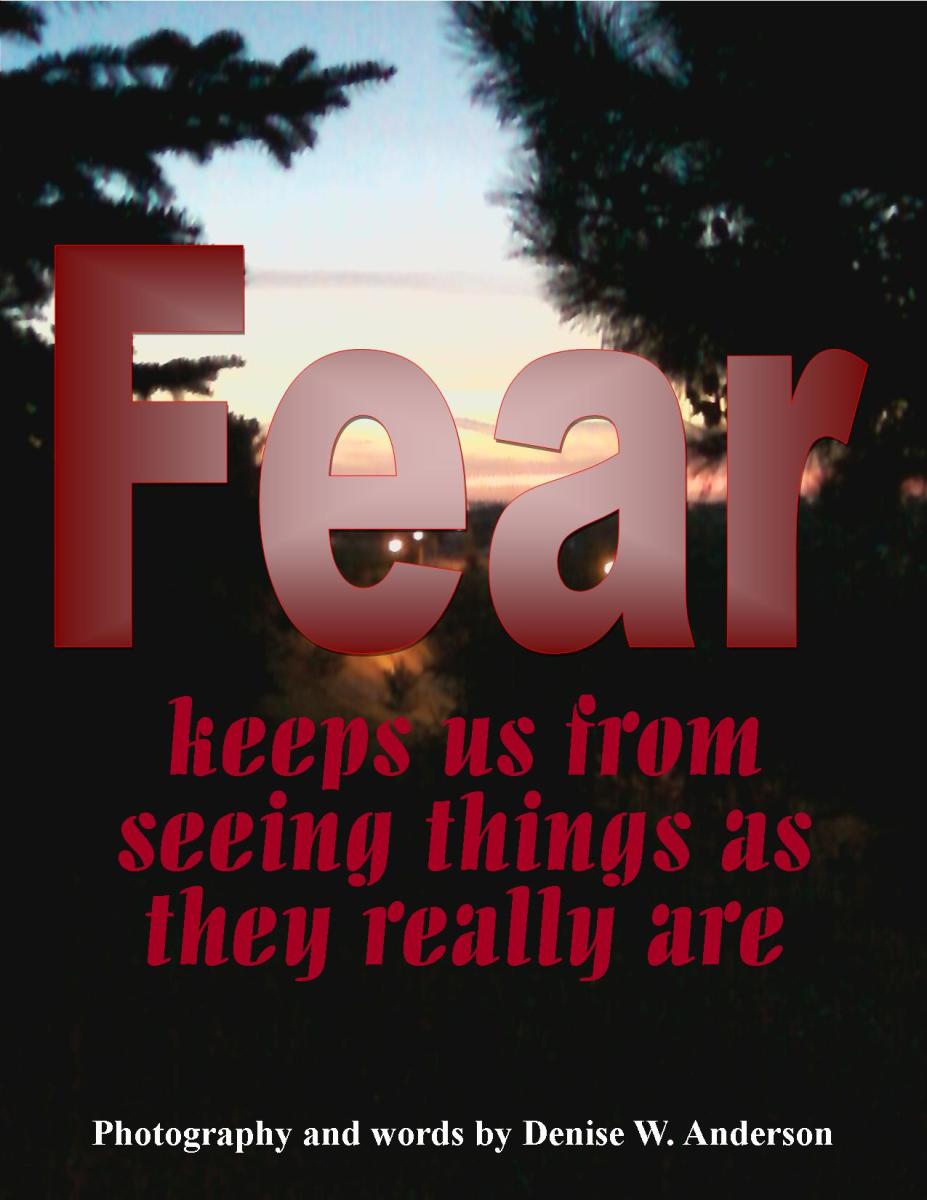Journaling to Improve Mental and Emotional Health

Journaling has come a long way….
When you think of journaling, you probably imagine a teenage girl pouring her heart out to her secret diary that she hides under the mattress from her bratty, younger sibling. As a matter of fact, many people do begin journaling as a teen, not knowing the powerful healing effects the activity has on the mind.
Keeping a record of your thoughts, hopes, dreams, and fears can be used to do more than just divulge your secrets to your perfect secret-keeper. In fact, many therapists, mental and behavioral health professionals hail the effects of journaling for those suffering from depression, anxiety, and other mental and behavioral disorders.
A quick Google search will net hundreds of studies from therapists, psychiatrists, mental health counselors, and more on the benefits and effects of journaling. The effects are infinite, especially in the difficult and challenging times of quarantine and COVID-19. More people are seeking professional help due to job loss, anxiety, and depression.
Although there is no adequate replacement for mental health counseling (and if you’re experiencing an increase in anxiety, depression, or suicidal thoughts/ideations, please seek professional help immediately), journaling can have positive effects and improve mental and emotional well-being.
Coping with Anxiety and Depressive Disorders
As a tween or teen, you likely wrote in a diary because it felt safe and you could trust your secrets with those little pieces of paper that were securely locked and hidden in your special hiding place. As an adult, many therapists recommend journaling to help clients and patients cope with their various anxiety and depressive disorders they may be experiencing.
There are more than 10 different disorders classified under the umbrella terms of anxiety and depression. If anxiety or depression are new to you, you’re not alone. Nearly one-third of Americans show signs of clinical depression and anxiety. This is a recent increase mostly attributed to concerns over the COVID-19 pandemic. Here are some disorders that can benefit from journaling, according to psychologists, mental health counselors, and other mental and behavioral professionals.
-
Generalized Anxiety Disorder. People with Generalized Anxiety Disorder (GAD) experience chronic worrying, nervousness, and tension. Unlike phobias (fear or anxiety over a specific thing), those suffering from GAD are in a constant state of worry about almost everything. Some common symptoms of this disorder are restlessness, irritability, muscle tension, and fatigue.
-
Panic Disorder. Those with Panic Disorder experience recurring and unexpected panic attacks. Some common symptoms they experience during a panic attack are heart palpitations, sweating, feeling of impending doom, shortness of breath, and some even experience hyperventilation.
-
Obsessive-Compulsive Disorder (OCD) is characterized by two main things; recurrent, and unwanted thoughts, obsessions and/or repetitive actions or compulsions. Many people who experience this disorder engage in compulsions to help relieve obsessive thoughts. However, the relief is temporary, and not engaging in the actions usually increases anxiety.
-
Post Traumatic Stress Disorder. People with Post Traumatic Stress Disorder (PTSD) develop this disorder after a terrifying or traumatic life event. Common triggering events are violent personal assaults, accidents, and military combat. Common symptoms of PTSD are night terrors, bursts of anger, irritability, flashbacks, mistrust of others, and insomnia.
-
Persistent Depressive Disorder. Also referred to as dysthymia, this disorder is characterized by a depressive mood that lasts two years or more. A person with this diagnosis may experience periods with more or less severe depression symptoms. Symptoms of dysthymia and other depressive disorders are feelings of hopelessness or pessimism, decreased energy or fatigue, difficulty concentrating, thoughts of death or suicide, difficulty sleeping, and/or oversleeping.
These are just a few anxiety and depressive disorders that may be diagnosed by mental and behavioral health professionals. These disorders can take months or even years to diagnose and treatment can last a few months, years, or even a lifetime. No treatment is one size fits all and the treatments widely vary based on the individual being treated.
Journaling can also help you address issues related to other diagnoses such as schizophrenia, bipolar disorder, borderline personality disorder, and many others by helping you stay grounded, de-stress, and even relax.
3 Key Mental and Emotional Health Benefits
-
Managing anxiety and stress. If you’re experiencing more anxiety or stressors in your life, journaling can be a great way to help identify what’s causing your anxiety. Once you’ve identified the causes, you’ll have a much easier time creating a plan to decrease your anxiety.
-
Releasing pent-up feelings and everyday stress. This almost goes back to the days of keeping that secret journal. If you’re unable or uncomfortable with expressing your feelings to those around you, journaling is a great, healthy way to release those feelings you experienced throughout the day. Many people write letters they never intend to send to someone who has hurt them for this reason. It allows them to freely express themselves without the fear and anxiety associated with confronting those who hurt them.
-
Track your progress through treatment or recovery. Writing your thoughts, feelings, and experiences allows you to develop and maintain a sense of self and establish your identity. Frequently when people go through treatment, especially for addiction-related illnesses, they struggle to find who they are without the effects of the addictive substance. “When I chose sobriety nine years ago, I relied on daily writing to help me get through so much,” said Noelle Van Vlierbergen, the creator of
the Day by Daybook, said she began journaling when she realized writing saved her life, literally. “I believe in the power of the written word and its ability to teach us things about ourselves that we may otherwise never discover.”
A Way to Discover Yourself
Journaling, much like treatment, varies from person to person. Some people benefit from journaling when they feel the need to. This could be when they feel stressed, have had a particularly difficult day, or experience a major life event. Others benefit from structured, daily journaling. Especially if you’re prone to anxiety, it can help you find a sense of calm in an otherwise chaotic world.
If you’re still unsure of where to start, grab a notebook (even your laptop or phone’s “Notes” app can be used in a pinch) and start writing. Jot down what comes to mind and don’t over censor. Once you get started, all you need is the willingness to open up and see where it takes you.








